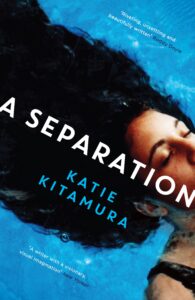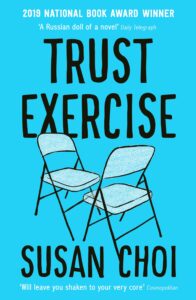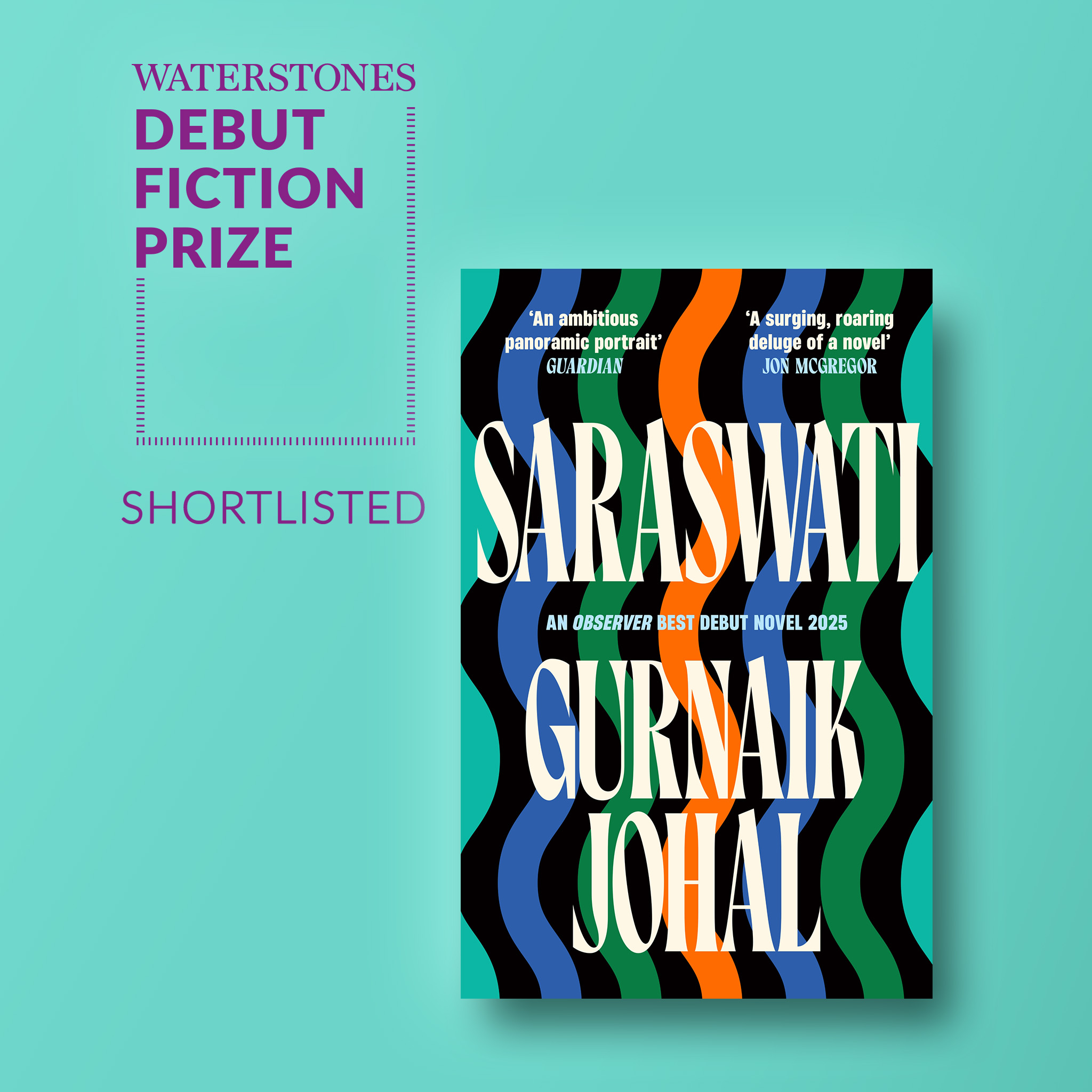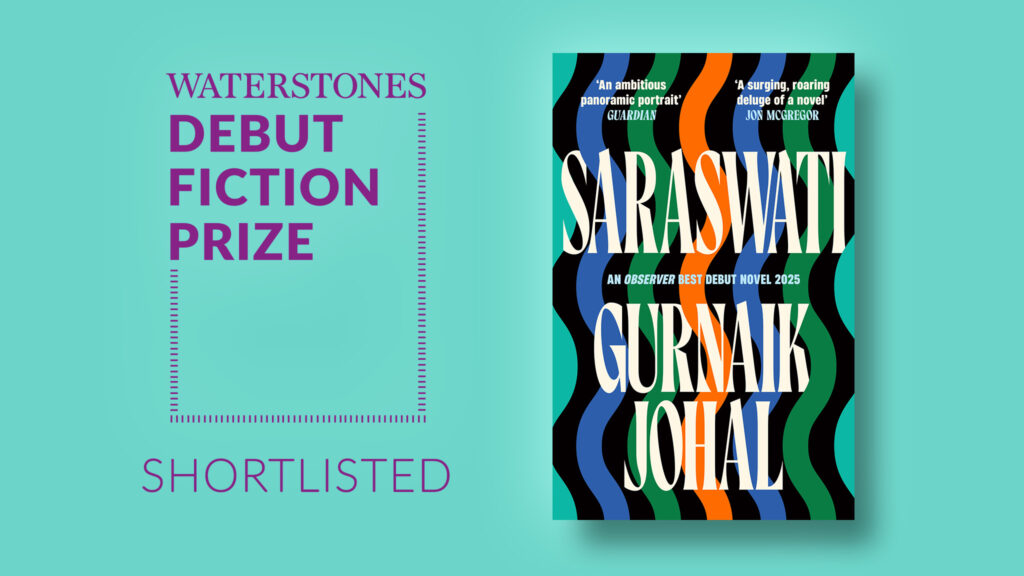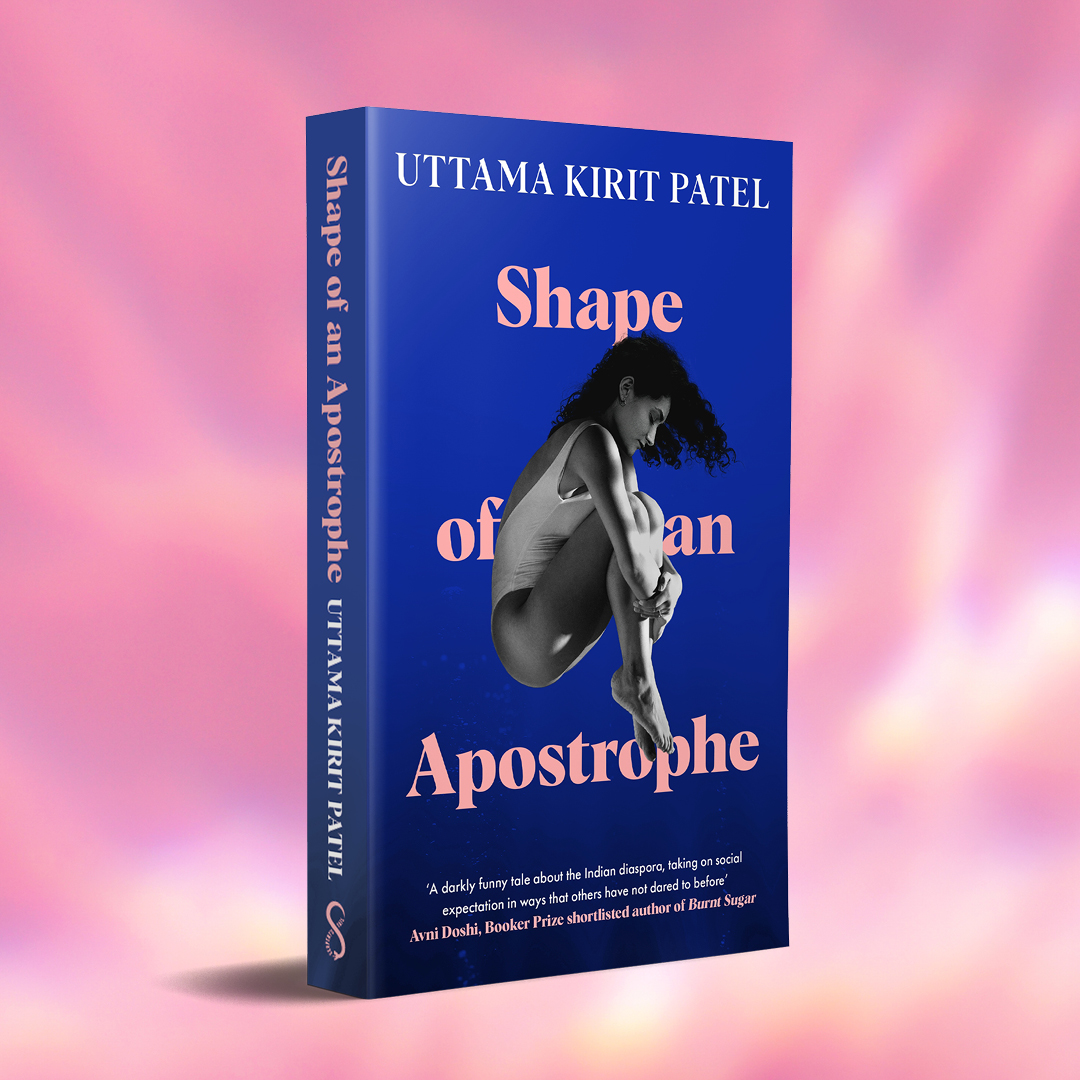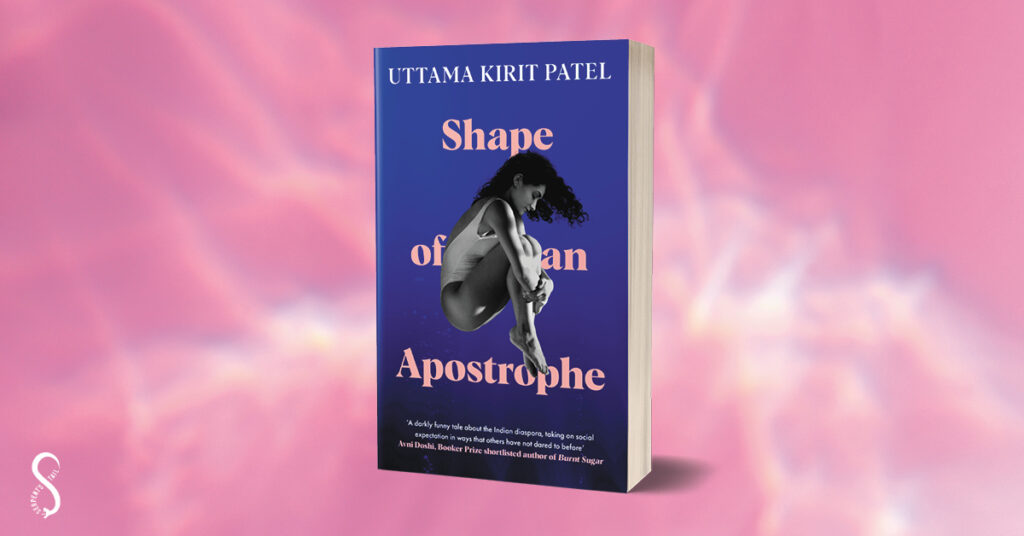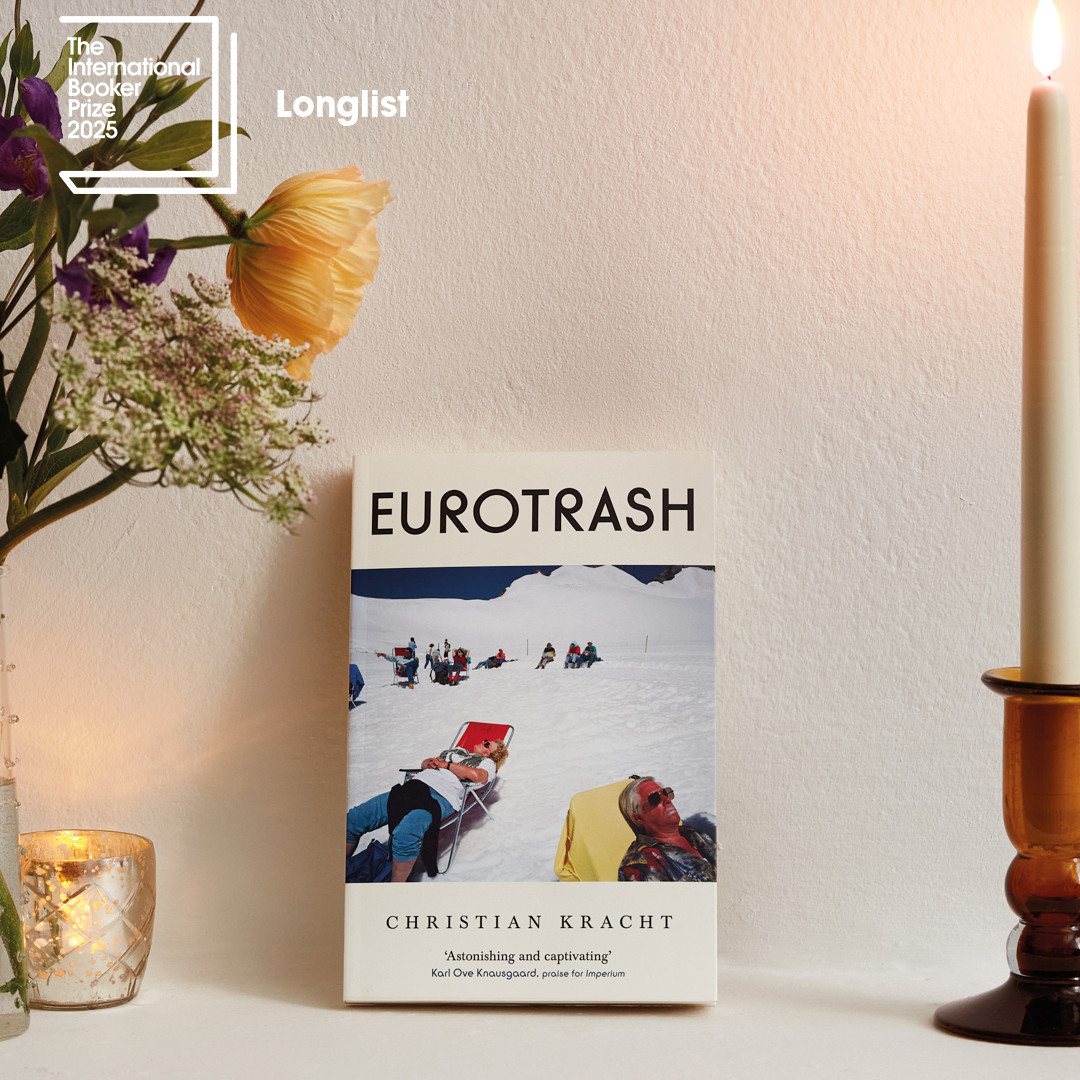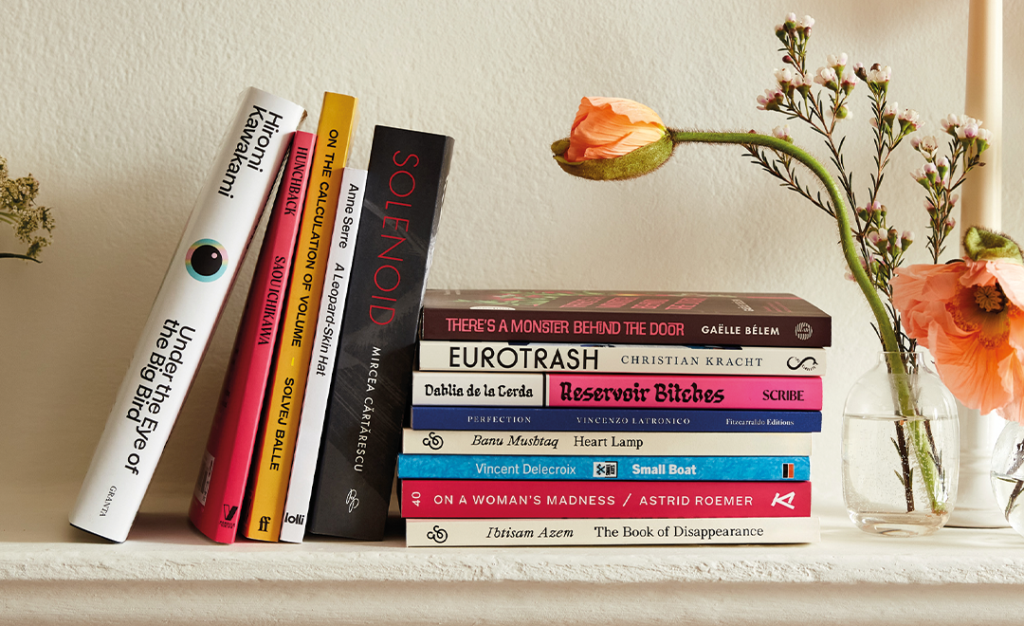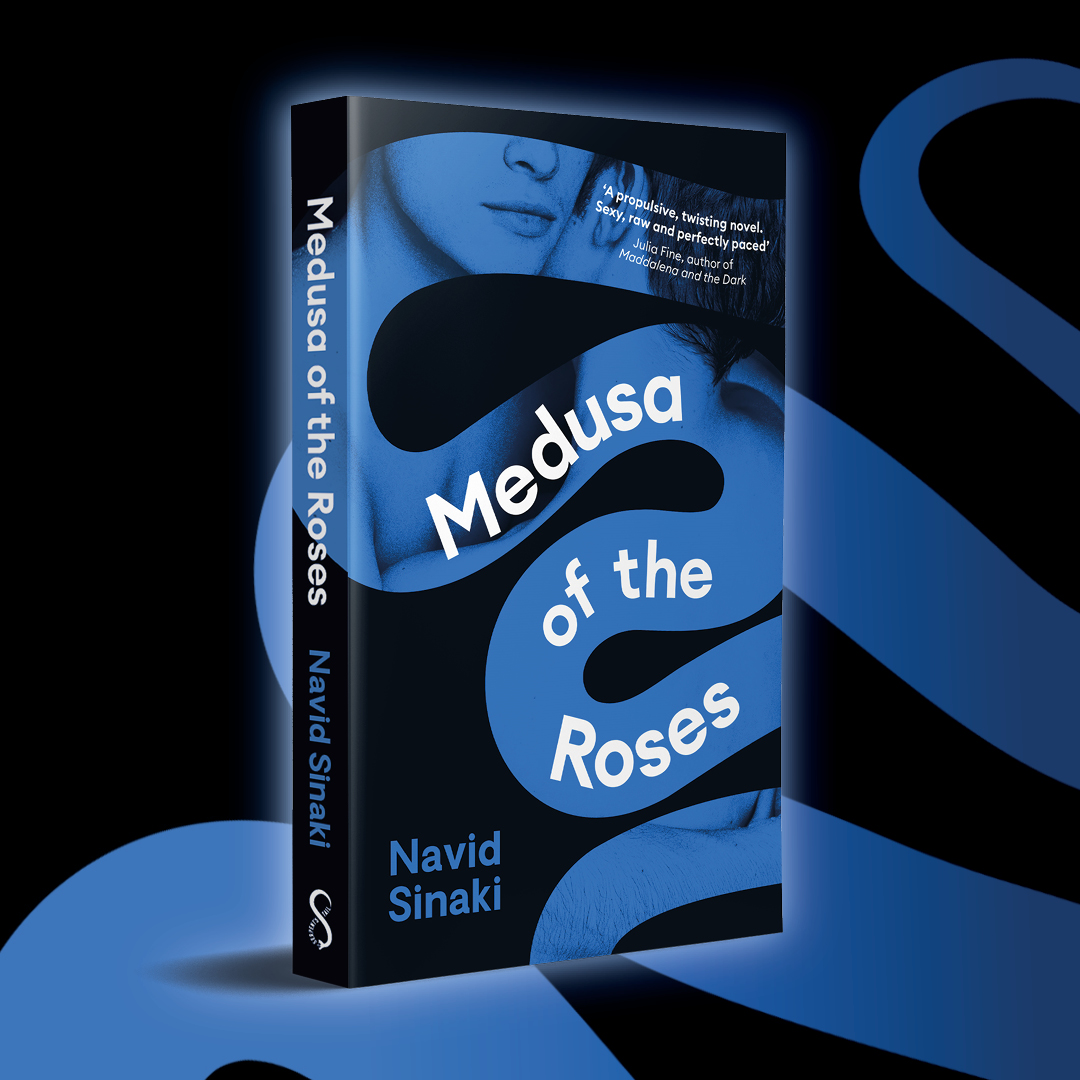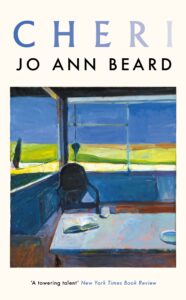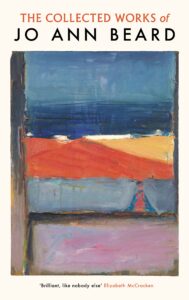
It is 1954, and prostitution is legal in the tropical haven that is Verona Island. Here, among gangsters and corrupt lawmen, Lila Gulliver runs a brothel that promises her exclusive clientele privacy and discretion. When nineteen-year-old Carità, beautiful and blind since birth, comes to her door seeking employment, Mrs Gulliver sees a business opportunity and takes a chance. Carità is mesmerising, sharp and a mystery to her employer, always holding herself at a distance.
One night, the son of a wealthy judge patronises Mrs Gulliver’s establishment, immediately falling madly in love with Carità. This is Ian Drohan – young, idealistic and cushioned by wealth and family connections. Mrs Gulliver mistrusts him, and worries for Carità’s future. Carità, on the other hand, is fearless, headstrong and a force of nature that Mrs Gulliver is always several steps behind.
A dazzling drama filled with sex, wry wit and literary references, Mrs Gulliver follows two women who have nothing to lose in their fight for agency on an island too ready to dismiss them.
Don’t miss the latest novel from the winner of the Women’s Prize for Fiction, Valerie Martin! Read the opening of Mrs Gulliver below.
Our clients are professionals: doctors, lawyers, bankers, politicians (we’ve served a few mayors over the years), and, because our city is wrapped around the largest port on the island, a steady supply of seagoing men. My rule is: officers only. Discretion is what we offer. Except for the address in wrought-iron numbers, the front door is unmarked and never used; clients enter via a side door behind a tall hedge, so it can’t be seen from the street; a password is required at all times. As the password doesn’t change, this is the mildest of security measures. Our clients are encouraged to share it with interested friends or acquaintances. It creates a kind of network, with the charm of inclusion in a select society. Boys love passwords.
In the last few years, bad weather and blight have played havoc with the local economy, particularly among the rice farmers on the windward side of the island. A few of their prettier daughters have made their way to the city seeking honest labor and, failing that, turned up at my door. By that time, they are desperate, hungry, and frightened, and their best option is a charity organization run by nuns in a little town up in the hills. I refer them there. I’ve taken one or two to work, but they’re seldom up to my standard for the house. Occasionally, my sympathy overrules my judgment and I employ a girl who presents what I know will be a challenge. This may be shrewdness on my part, as I would not have been successful in my business were it not for a sixth sense I have about some quality in an applicant that will appeal to certain of my clients. Carità was such a girl.
That summer morning, a hot and humid day with rain, as usual, in the forecast, my majordomo, Brutus (aptly named), came to my office, which is also the kitchen, and planted himself squarely in the door frame. “There’s an odd couple asking to see you in the drawing room,” he announced. “I don’t know what they want. They look like beggars, but they know the password.”
“Did you tell them we don’t open until noon?”
“They’re country girls, Lila,” he said. “They’re looking for employment, is my guess.”
I rose from the table. “Then how did they get the password?” I mused. Brutus stepped aside and I sauntered down the hall.
They sat facing each other, one in a leather chair, the other perched on the edge of the red silk upholstered divan, her back straight and sandaled feet drawn in. They were dressed in plain cotton sleeveless shifts that came to the calf, worn but clean. Two destitute girls, one fair and portly, the other an elfin creature, small-boned, emaciated but not boyish. Even in her unflattering dress I could see she had a shapely figure: long waist, full breasts, excellent posture—that’s always the first thing I notice. Her hair was an uncombed thick black mop that fell to the center of her back and partially covered her face.
The blonde looked up as I entered the room, her innocent face flushed with hope. Her friend didn’t move, her head slightly bowed and turned away from me.
“How do you come to know the password here?” I asked sharply.
“My uncle gave it to me,” she said. “His name was Peter Rizzo. He said you might not remember him, because he only came here once, with a friend.”
“Who was the friend?”
“I don’t know that,” the girl replied. “It was when he came to town. He was a rice farmer. Or he was until the blight came. Now he’s dead, and the bank took the farm.”
“Where are your parents?” I asked.
“Our parents are dead,” she said candidly, with no more emphasis than you might use to make a trivial factual observation—for example, That door is closed.
“So . . . you’re sisters,” I observed. “And you’ve come to the city looking for work.”
“That’s right,” she said. “My name is Bessie Bercy, and this is Carità. I’ve already got a job. I’m signed up to shuck oysters at the market restaurant on the wharf. The man there showed me how it’s done and then gave me a test, and right off he said I was faster than the two boys he’s already got put together.”
“Good for you,” I said. “That shows enterprise.”
“Yes, ma’am,” she said. “But Carità won’t do that kind of work, so now I need to find a place for her, because I can’t leave her on her own and I won’t make enough for us both. My uncle said he thought she might be useful to you.”
At this her dark sister chuckled. “That’s not exactly how he put it, Bessie,” she said. Her voice, deep and breathy, vibrated through my chest like a cat purring in my lap. As she spoke, she turned toward me, and I could make out through the screen of her hair that her eyes, half closed, were very light. “What he said,” she continued, “was that I’d be better off here than with the goddamned lesbian nuns.”
How can I describe the rich velvet of her voice? She could have been a countess or an actress, delivering a scene-clinching line. There was an archness as well, distant and amused, deflecting the crudeness of the information she had just so succinctly passed along. She made me smile in spite of myself.
“Carità,” her sister said, “don’t talk like that.”
“I don’t think Mrs. Gulliver is shocked,” the girl replied. Again, the deep vibration and archness of tone caressed my ears.
“Would you push your hair back so I can see your face?” I said.
She pressed her palms against her temples, pulling back the curtain of hair.
I caught my breath. Her face was beautiful, a creamy complexion with a natural blush, like an English beauty, her nose straight, her lips full and soft, her chin squarish and firm. But it was her eyes that startled me, heavy-lidded and half closed, with thick dark lashes, and irises like blue glass, the perfectly translucent blue of a glacier. Beneath the dark bird-wings of her brows, her eyes glittered enchantingly. I studied her. Something was very odd about those eyes.
“She’s nineteen years old,” Bessie said. Carità inclined her head toward her sister’s voice, but the eyes didn’t move. “She’s blind from birth.”


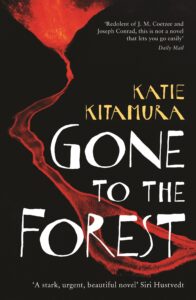 Gone to the Forest by Katie Kitamura
Gone to the Forest by Katie Kitamura